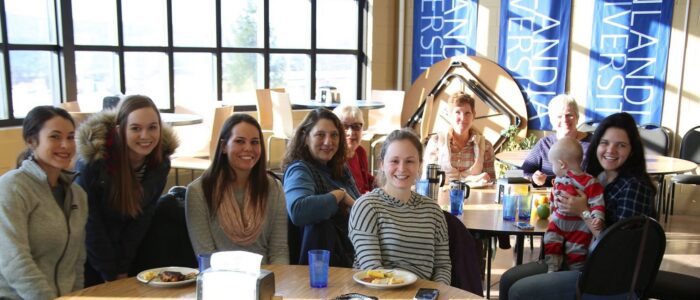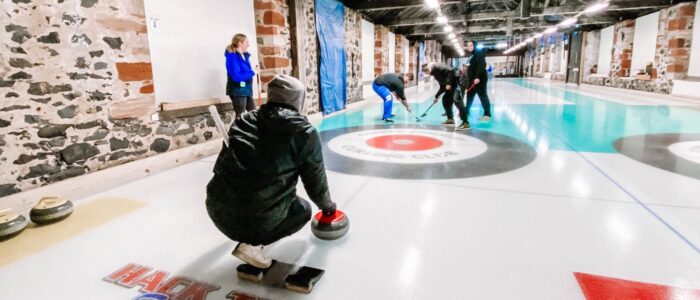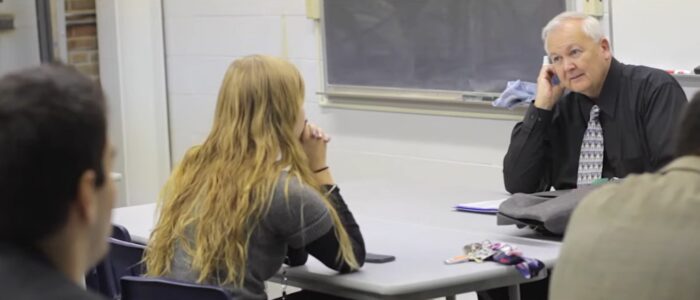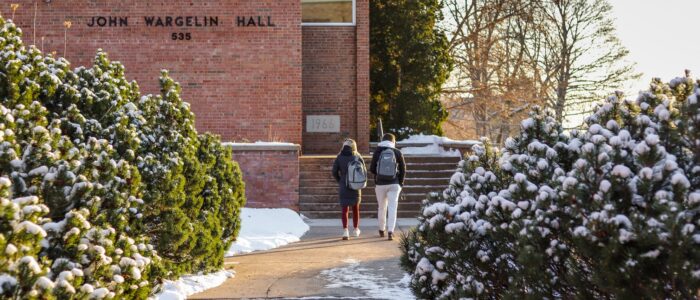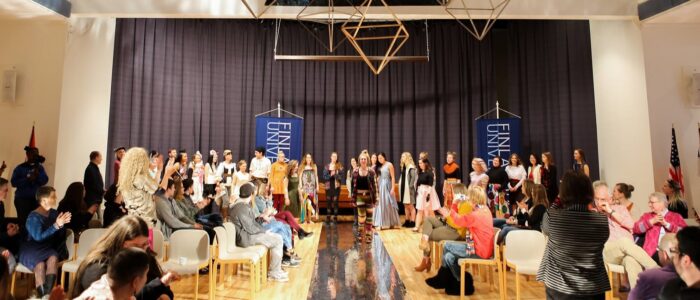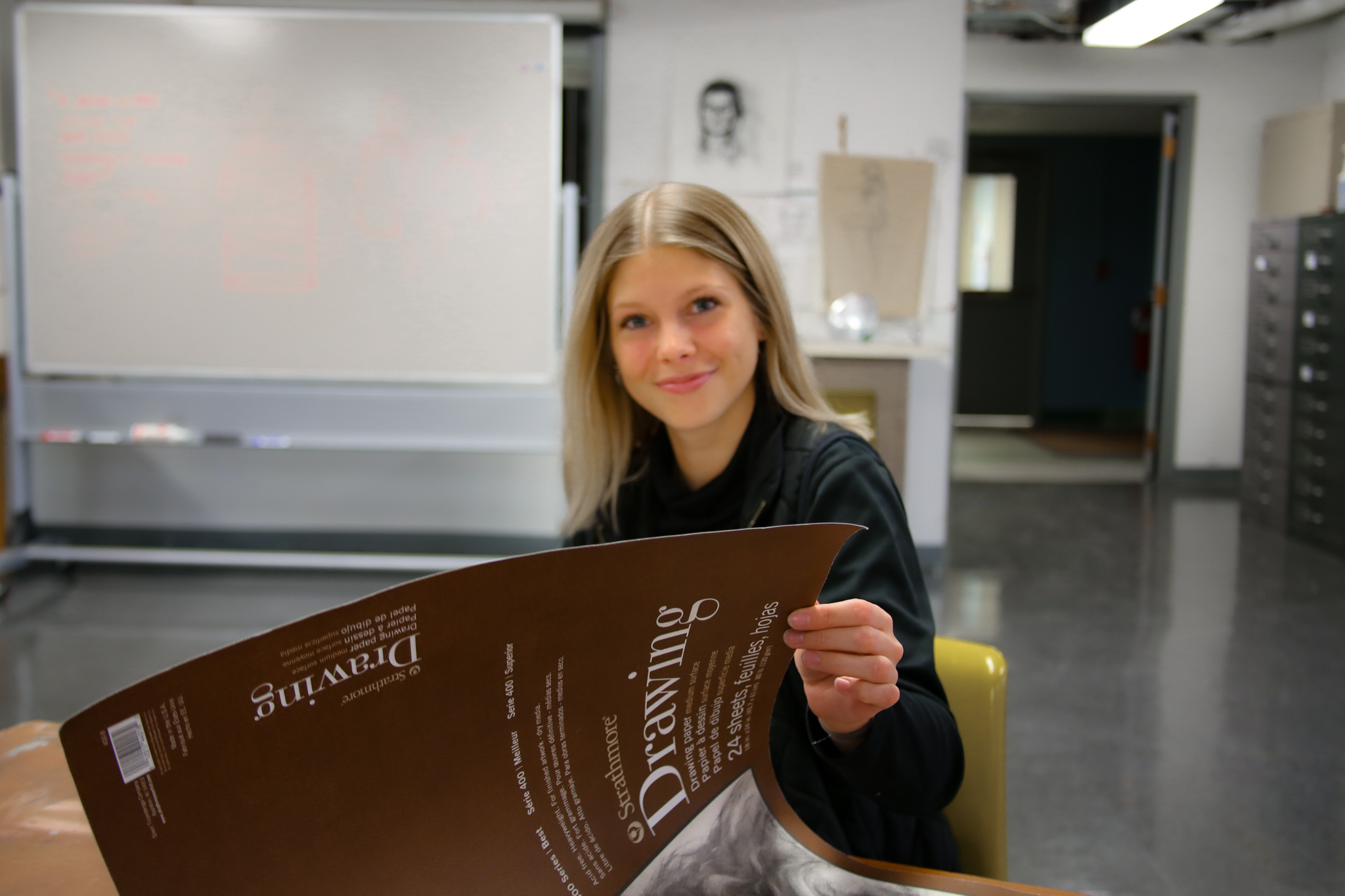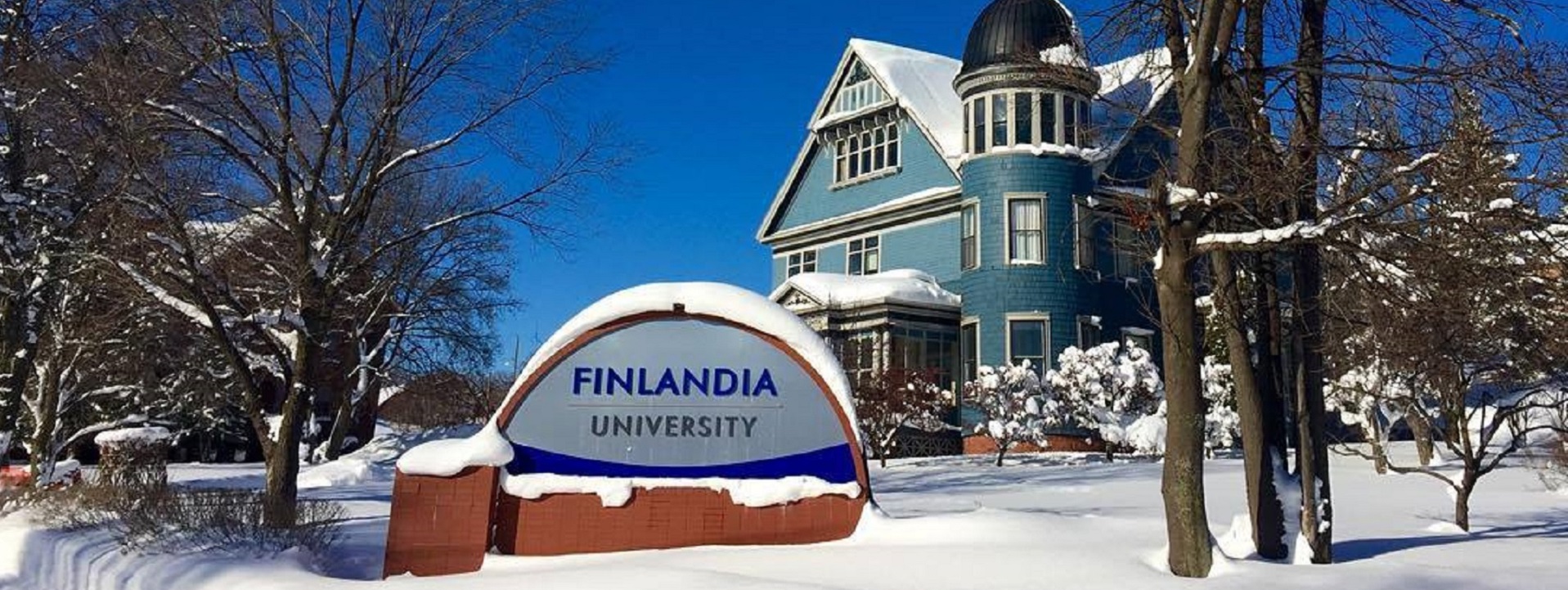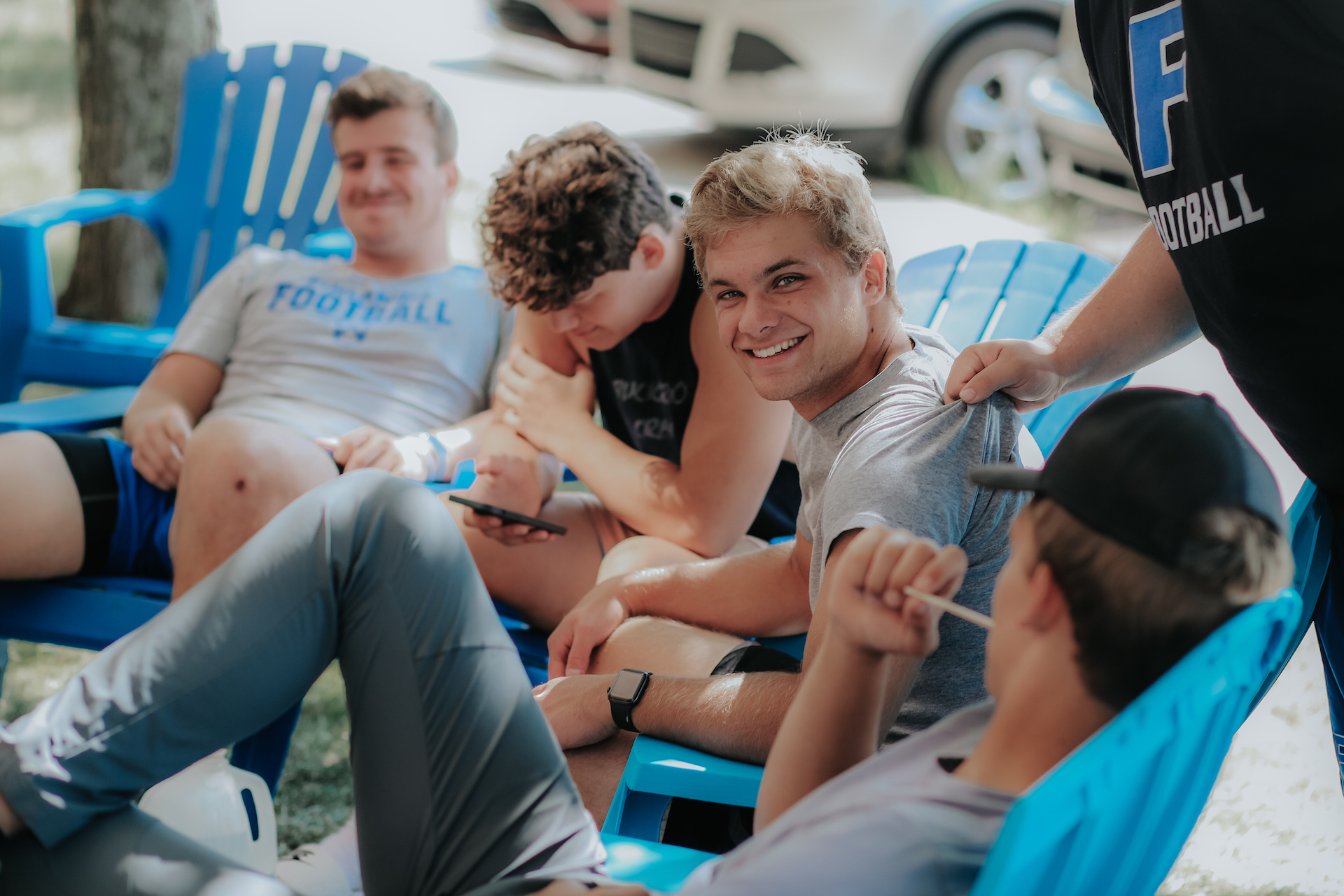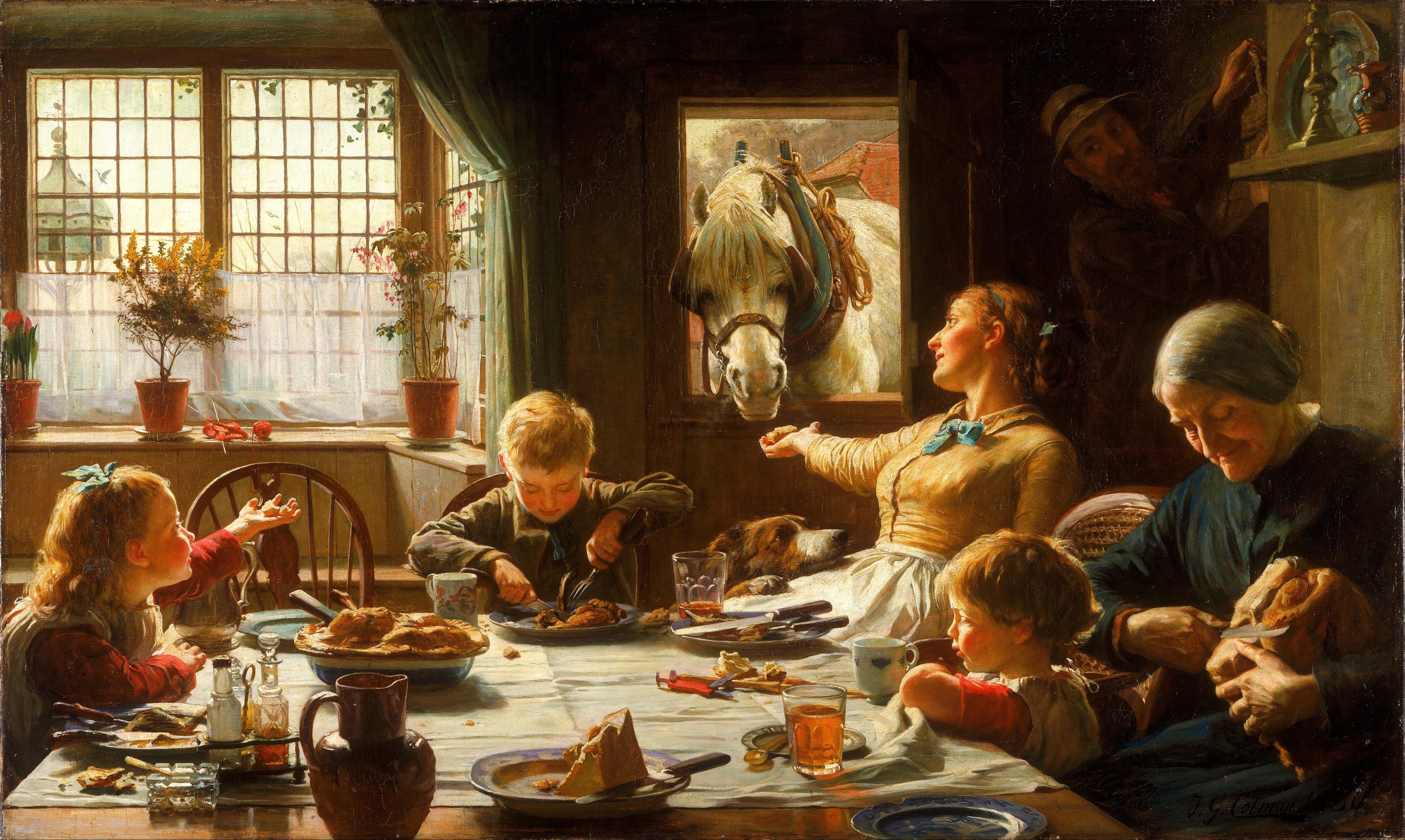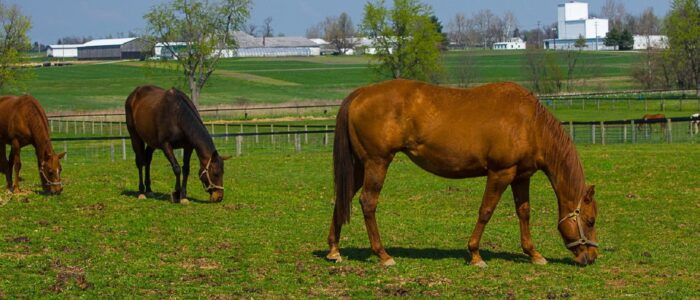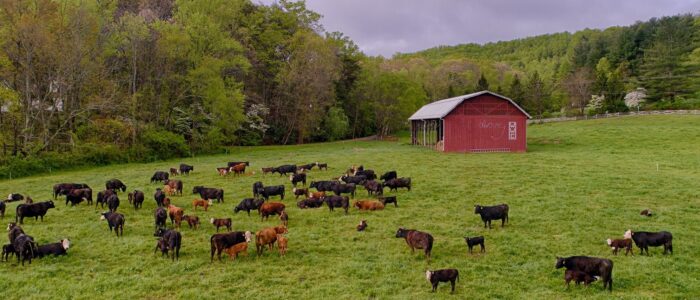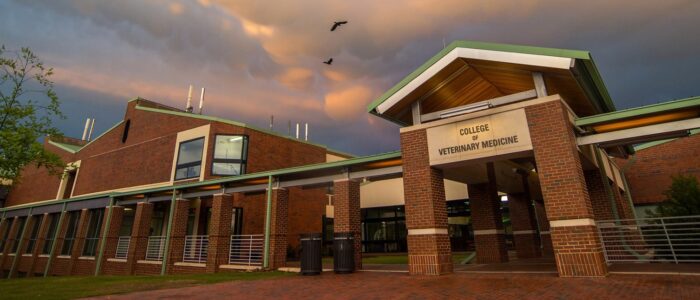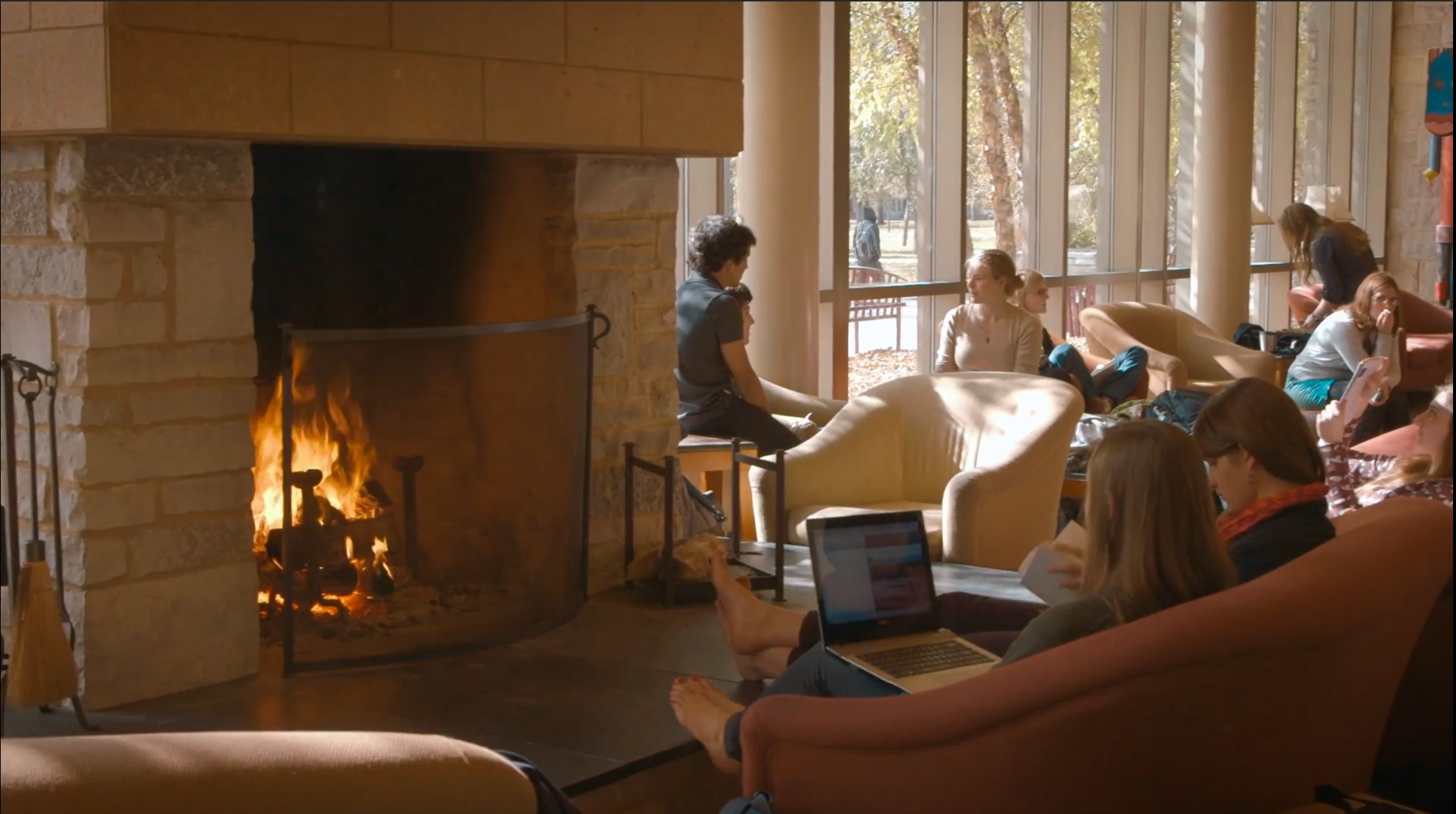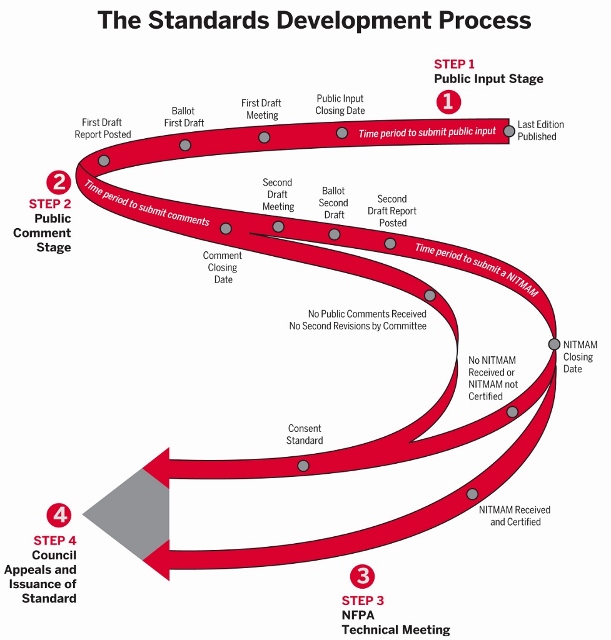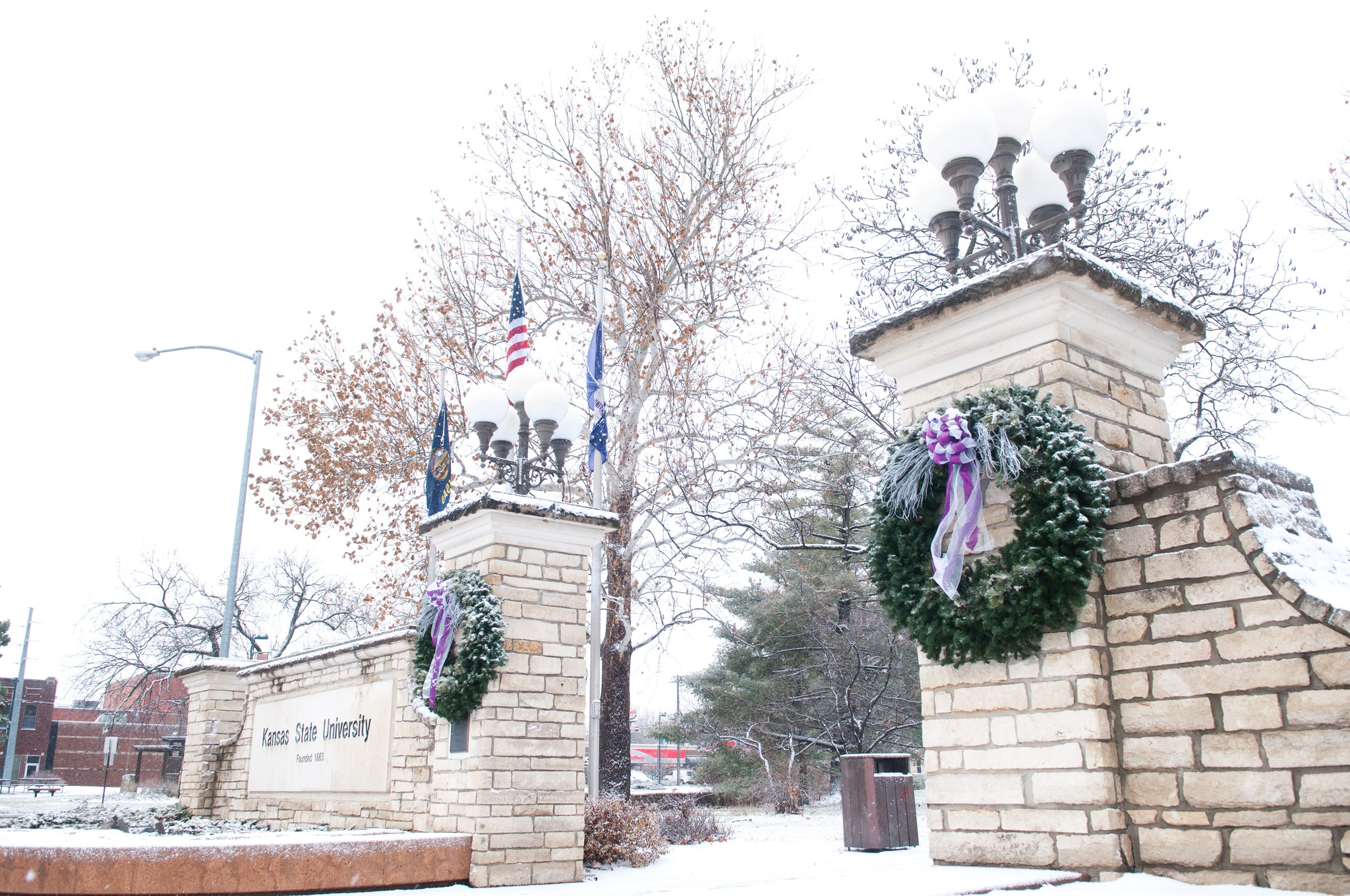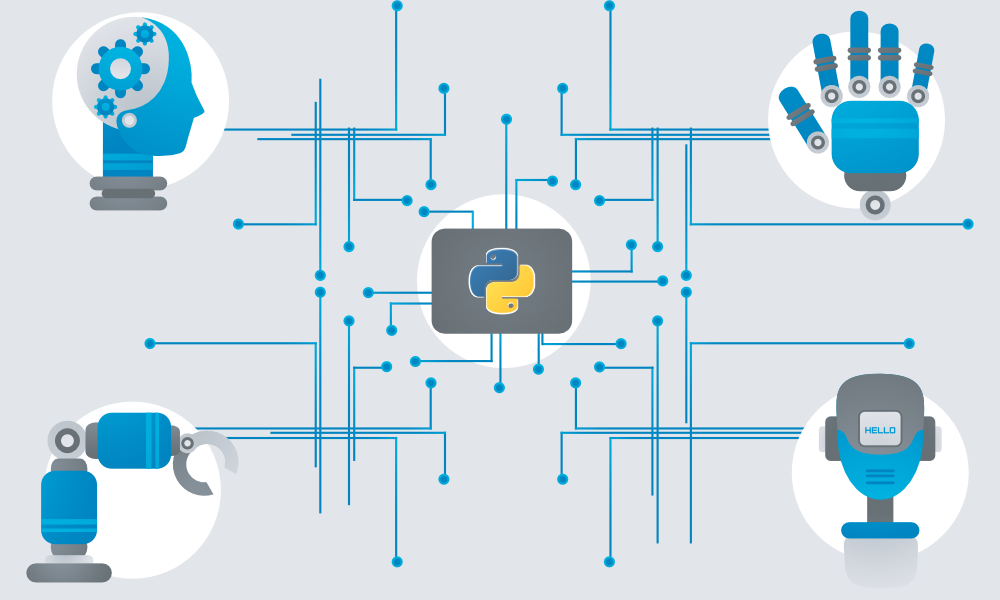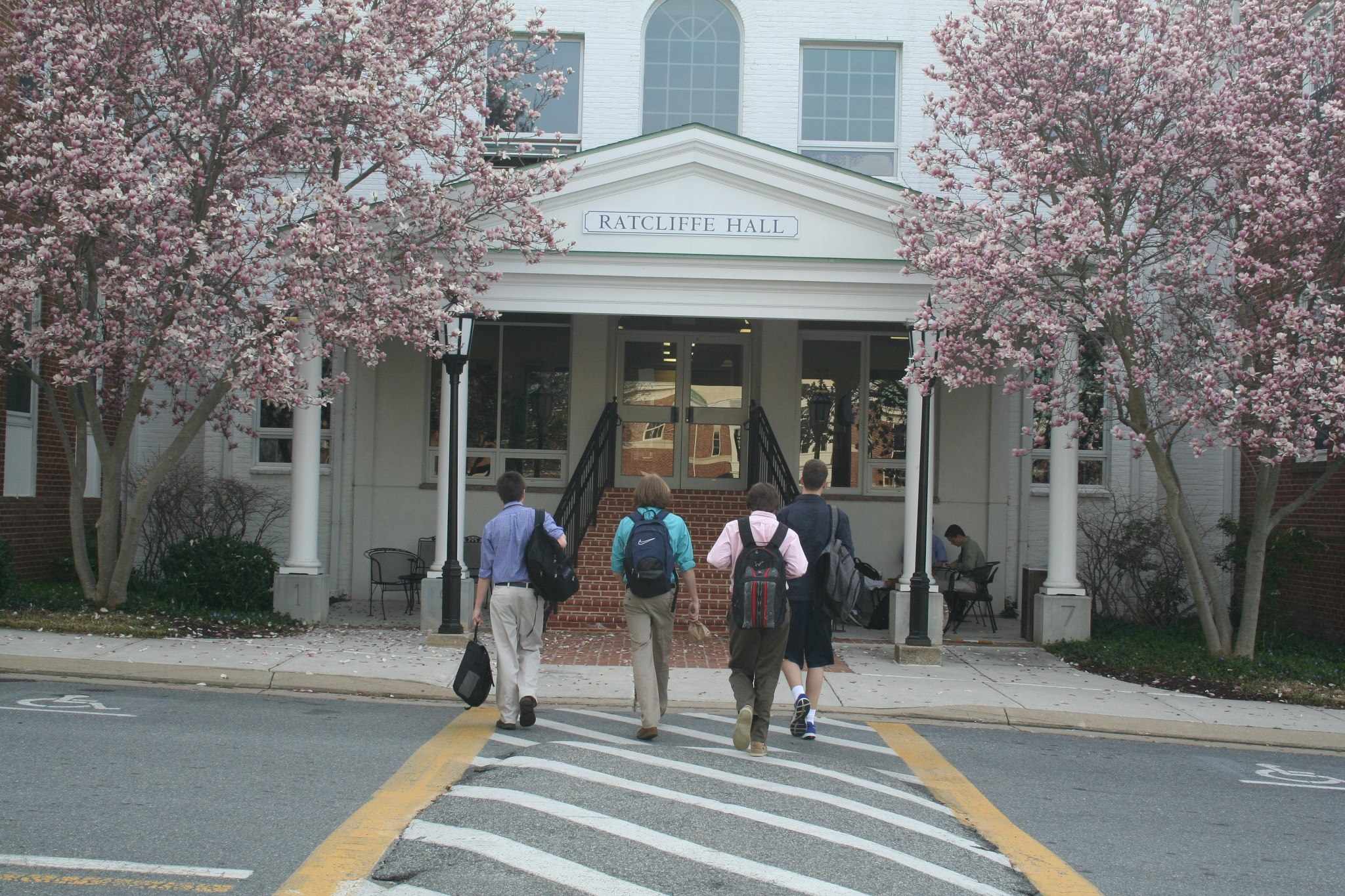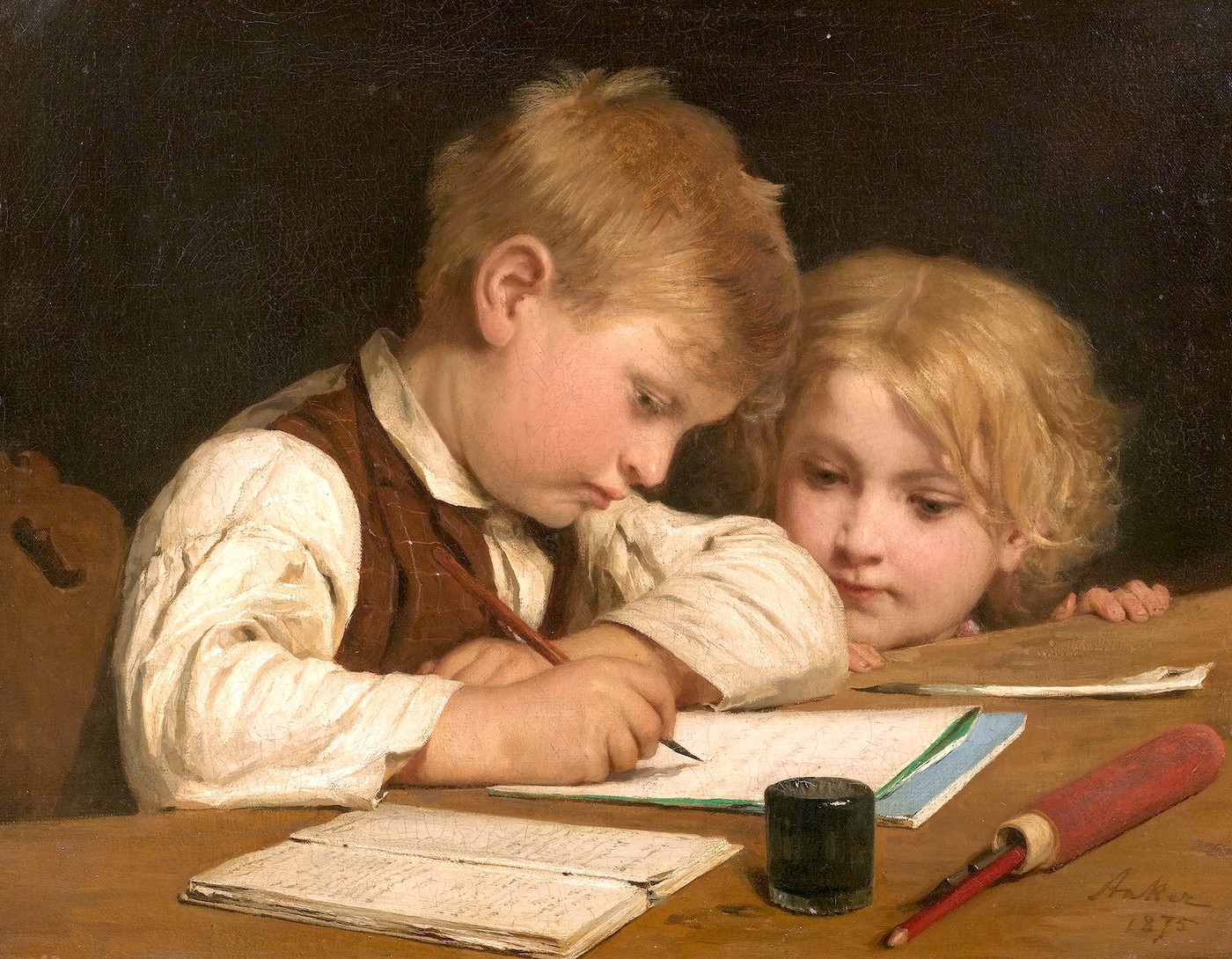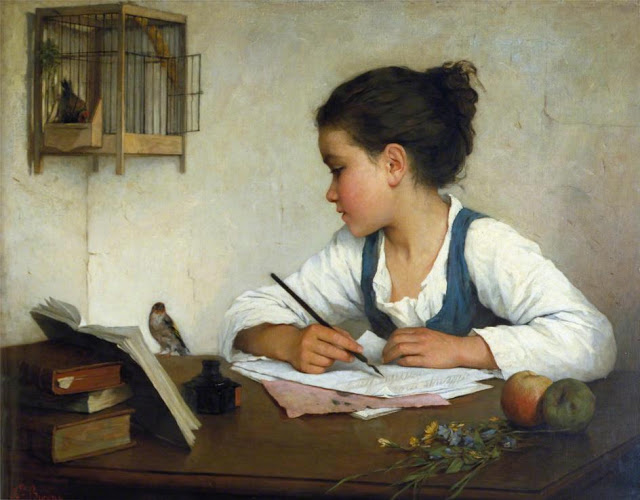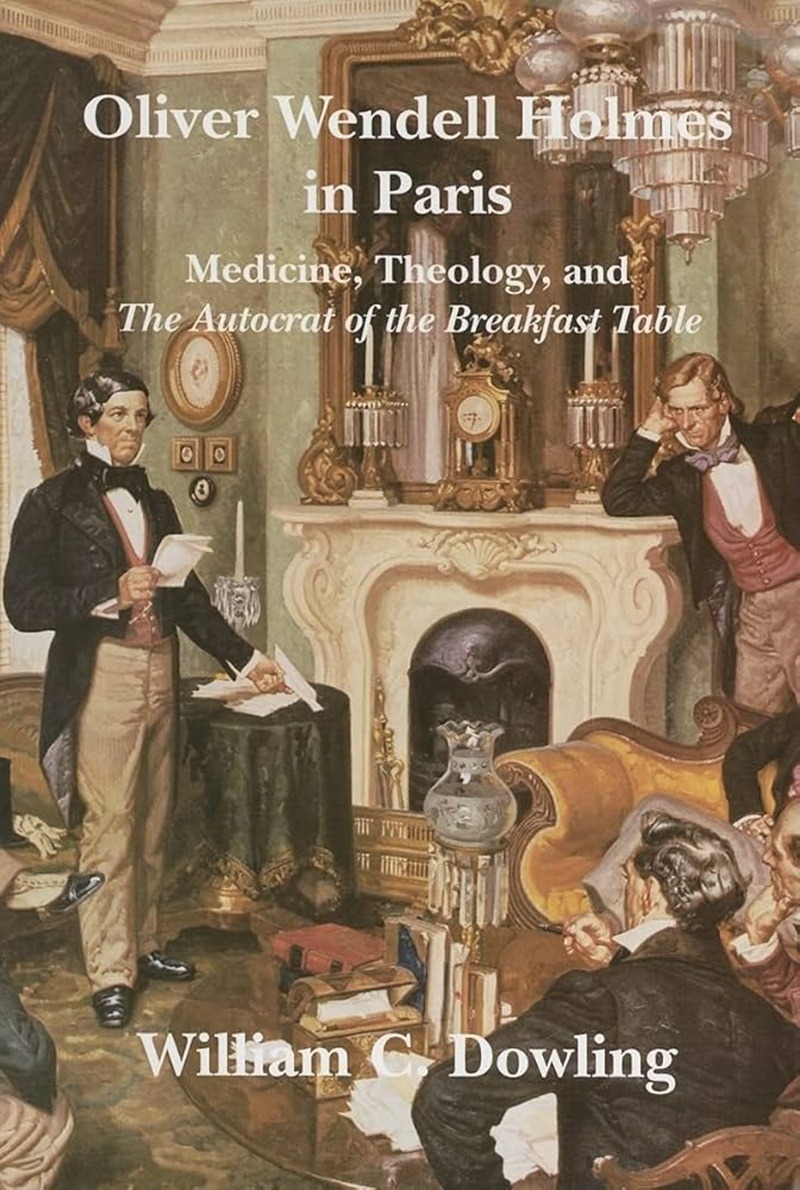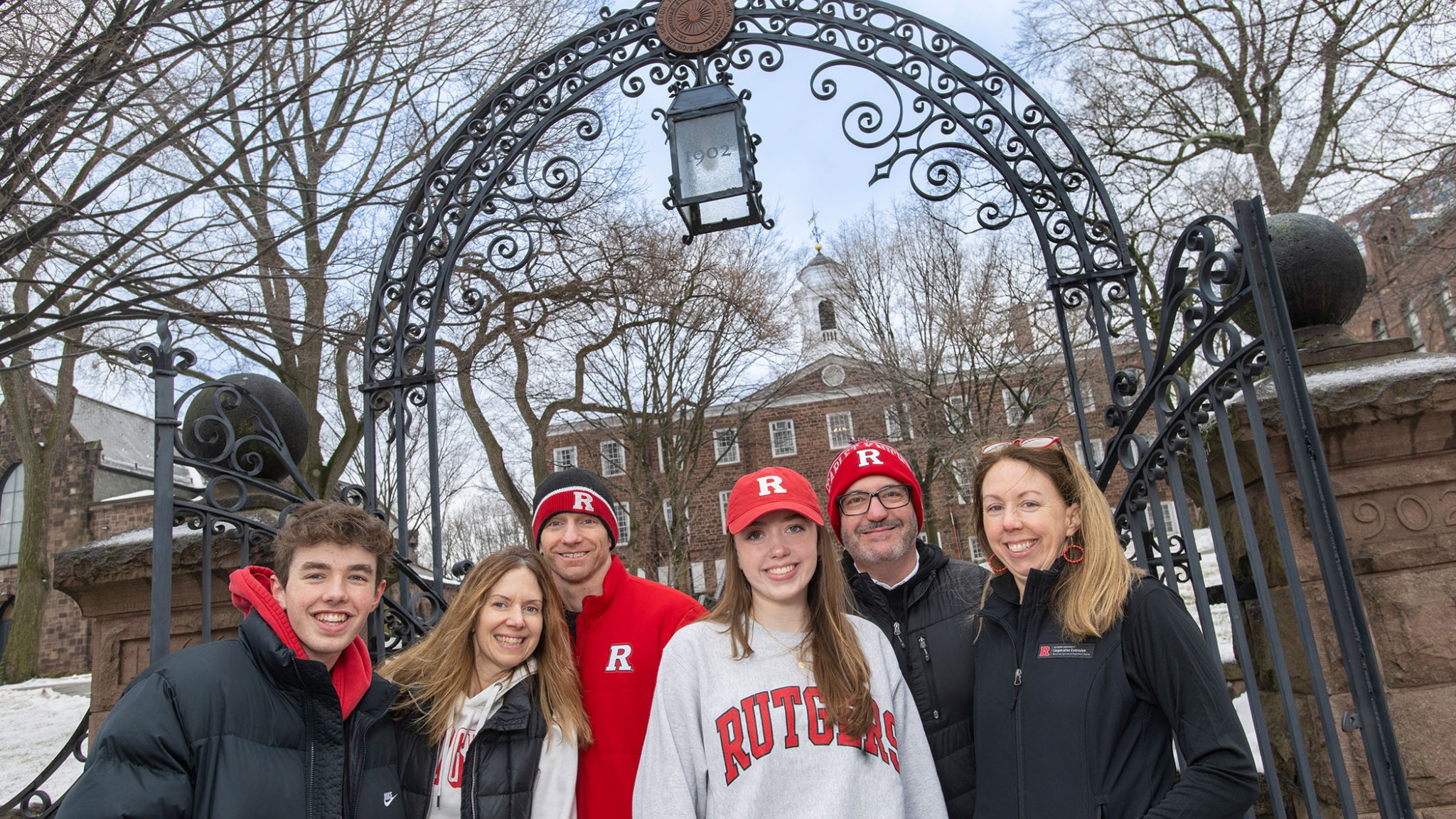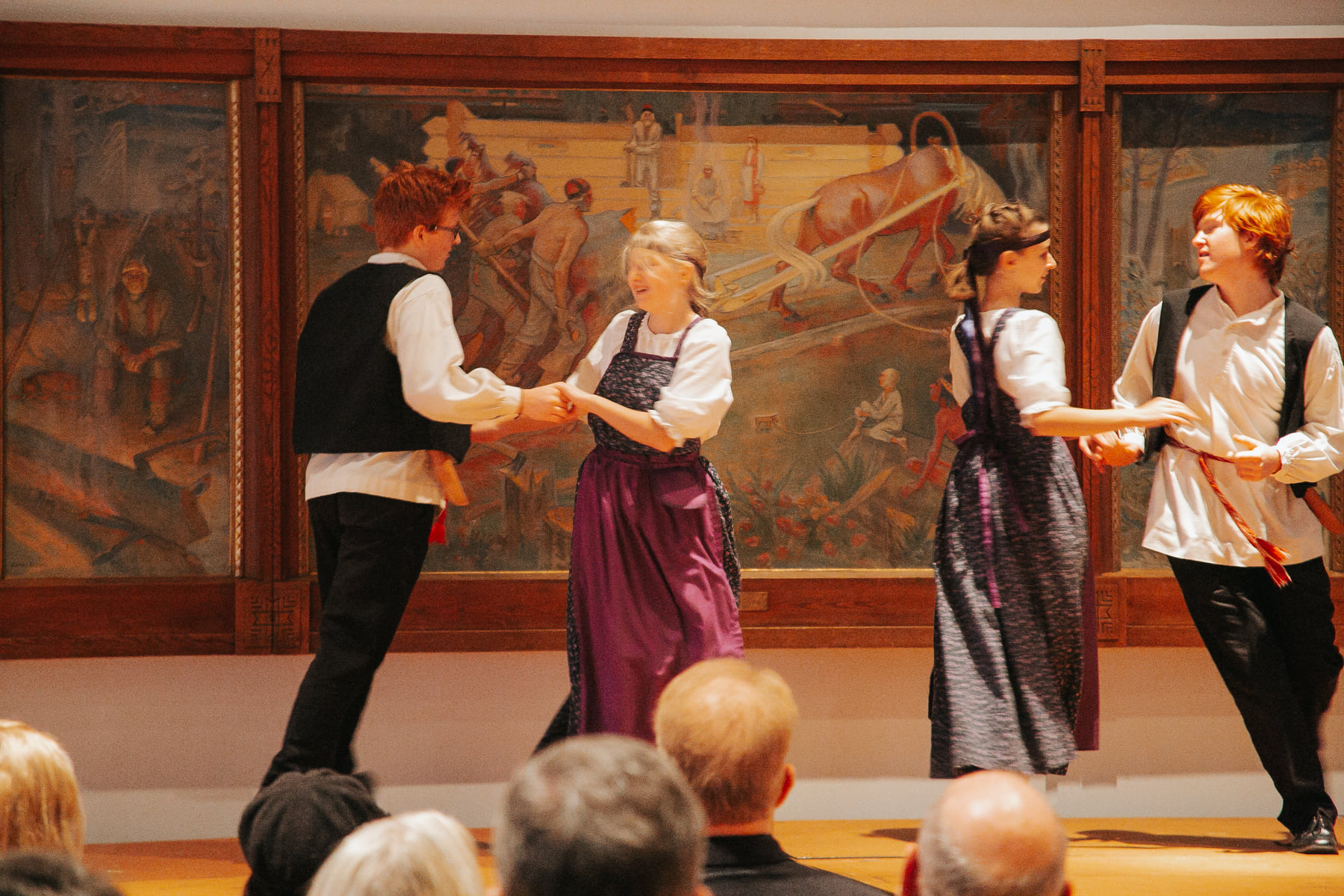
One-hundred-twenty-five years ago, hardy and hard-working Finnish Lutheran immigrants founded a school in Michigan’s Upper Peninsula. Their lives were marked by a gritty quality captured in the Finnish term, sisu – grit and perseverance in the face of adversity. Citing financial difficulties related to demographic changes, the Board of Trustees announced that the Class of 2023 was Finlandia’s final graduating class.
“The Board of Trustees and University President Timothy Pinnow stated the extremely difficult decision is the result of an intensive analysis of Finlandia’s operations after exploring all potentially feasible strategic alternatives, including the rigorous search for new partnerships and reorganization of the institution’s finances. With financial challenges impacting liberal arts colleges throughout the country, Finlandia is no exception….
The combination of demographic changes, with fewer high school graduates available, a steep decrease in interest in going to college among those graduates, a dwindling endowment, and an unbearable debt load have made Finlandia no longer viable…
…Finlandia University has finalized eight Teach-Out Agreements with Adrian College, Bay College, Michigan Technological University, Northeast Wisconsin Technical College, Northern Michigan University, University of Dubuque, Waldorf University, and Wartburg College. Several non-partnering institutions have also made commitments to supporting FinnU students in incredible ways…”
Board of Trustees vote to dissolve University wind up affairs in orderly manner
Last year, Finlandia University awarded over 3 million dollars to dreamers, achievers and future entrepreneurs. See if you qualify for Finlandia’s Rise Together Free Tuition Scholarship by visiting https://t.co/7Mbd7e6iLS pic.twitter.com/09LBPPg8cG
— Finlandia University (@FinlandiaU) February 15, 2023
Finlandia University’s Baccalaureate and Commencement activities for the Class of 2023 are scheduled for Sunday, May 7.
To see the full Spring 2023 Commencement Weekend schedule, visit the link below! 🎓🎓https://t.co/n49yPJoimn pic.twitter.com/aJvRHjarLa
— Finlandia University (@FinlandiaU) April 24, 2023
Join us next Tuesday for the 5th annual #Kalevala reading marathon! Pop in and listen or even read a rune! For more info and to register, fill in this form: https://t.co/LH8Pj4IMjV pic.twitter.com/koBXXBisu9
— Finlandia University Finnish & Nordic Studies (@FinlandiaNordic) February 24, 2023



